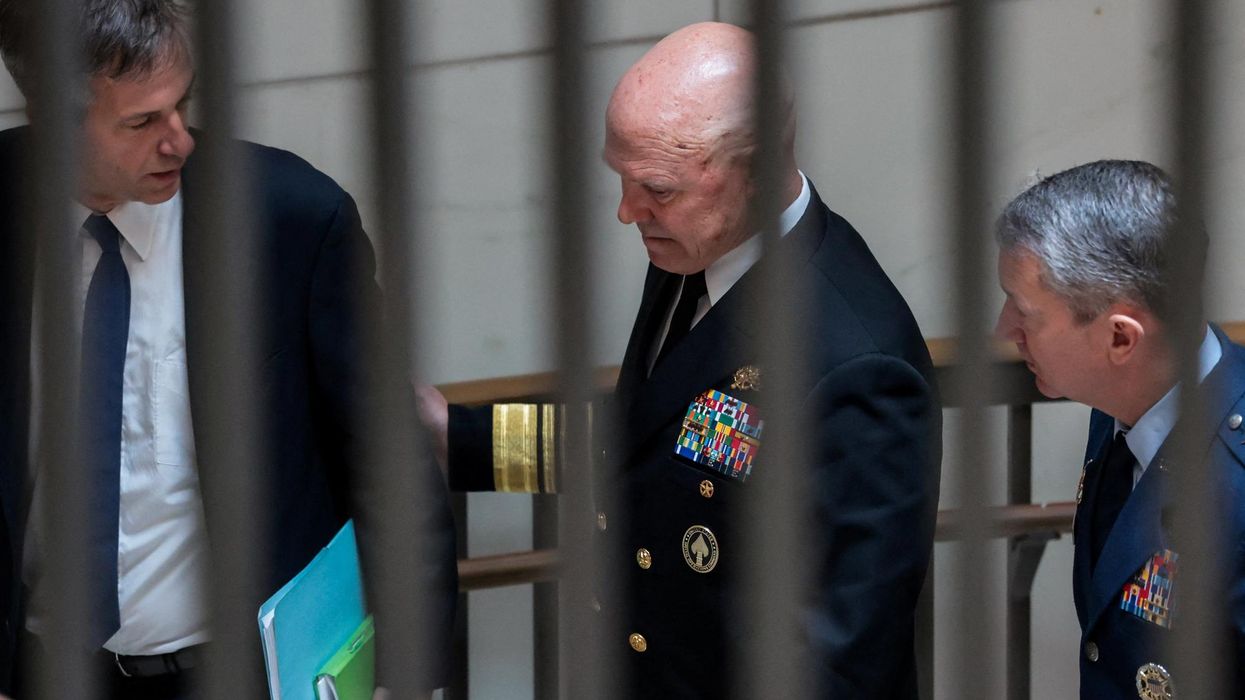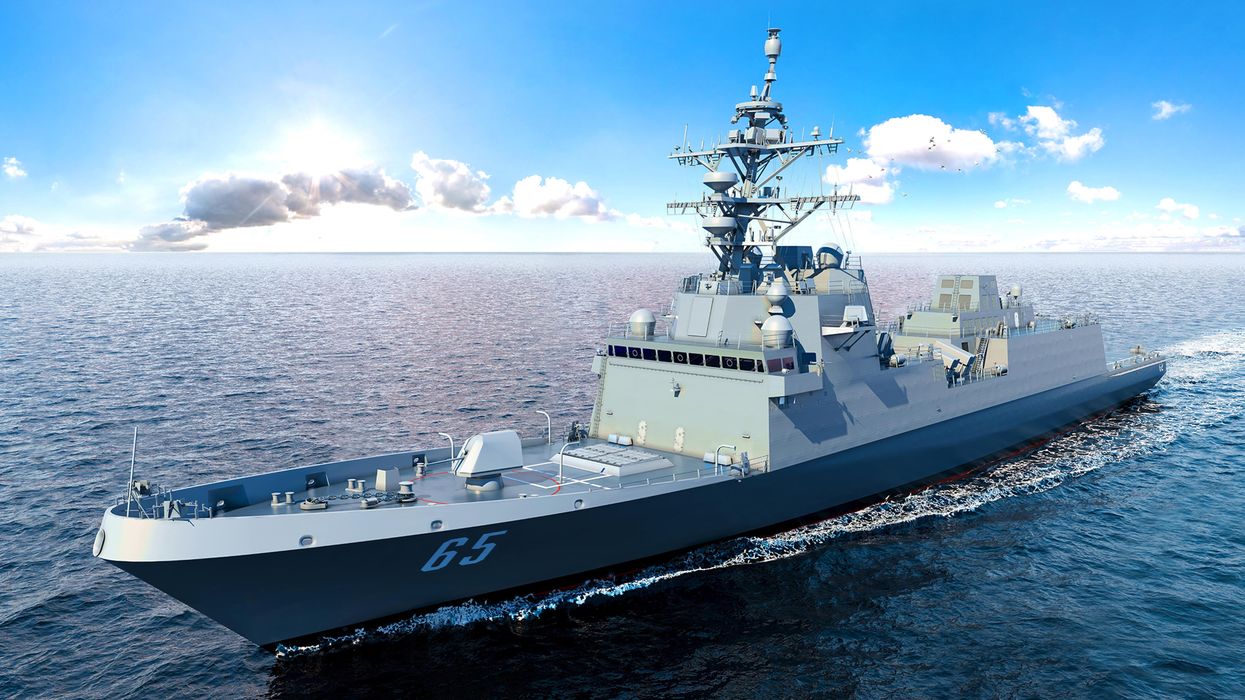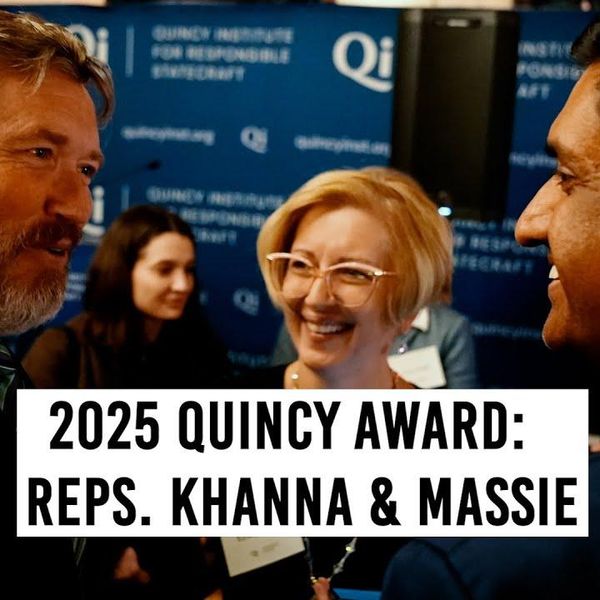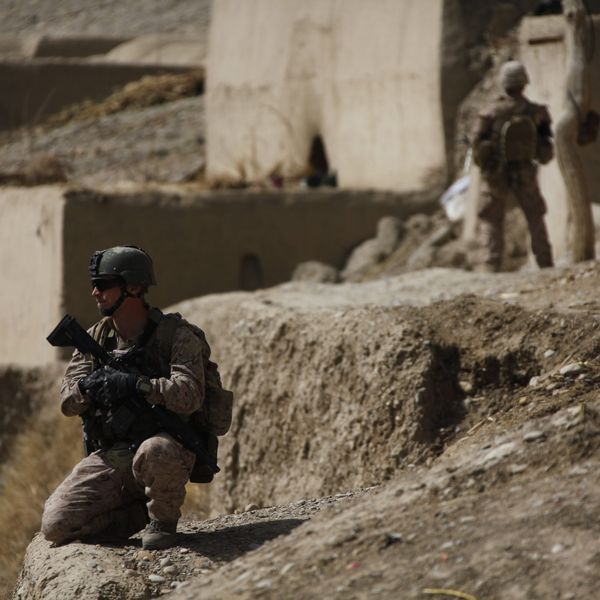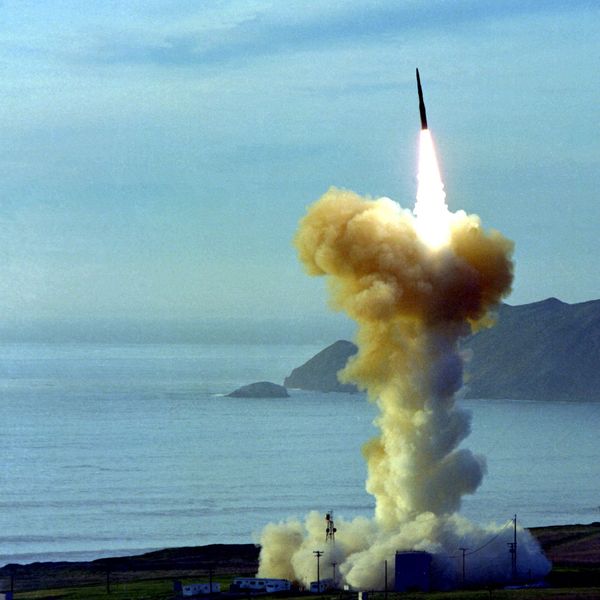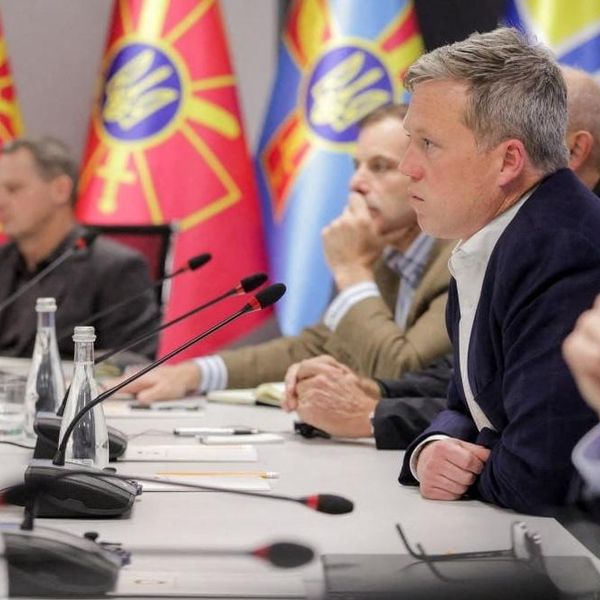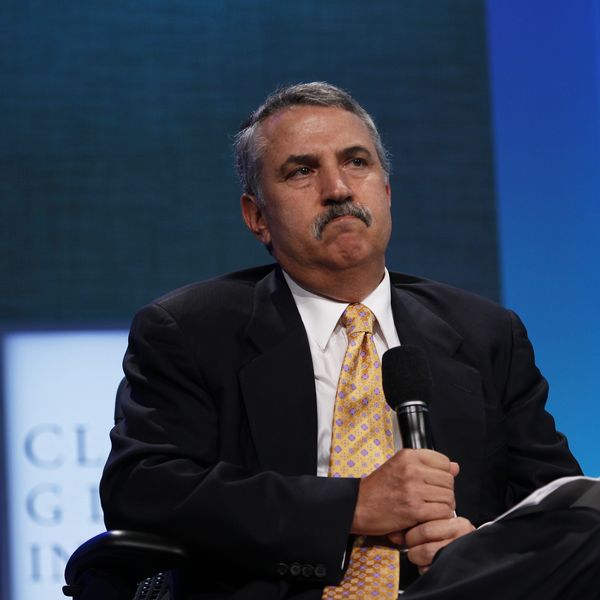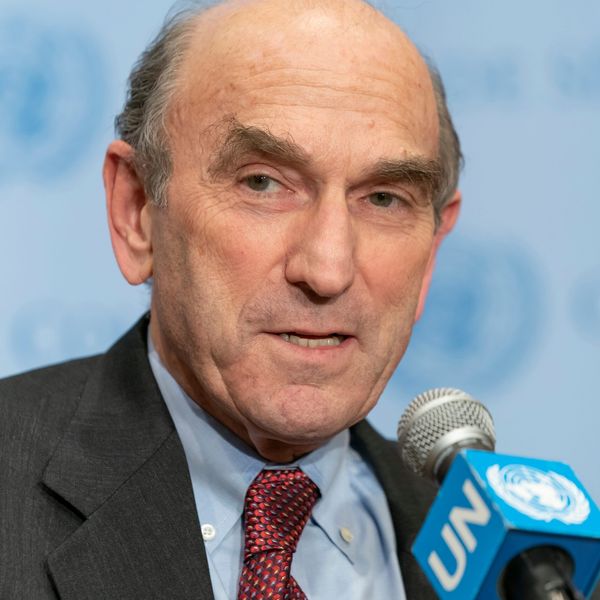From the beginning of the crisis sanctions have been assumed to be both the central deterrent to Russian aggression, and the critical punishment if it violated international law. In response to the invasion, the Biden Administration (wisely) ruled out the direct use of U.S. military forces in Ukraine and instead announced an unprecedented package of hard-hitting economic sanctions.
Sanctions are a necessary step in holding Russia accountable for its actions. But policy makers also need to be attentive to the costs and limits of economic sanctions, both in terms of humanitarian impacts and potential collateral harm to U.S. interests.
Many are rightly skeptical of the wisdom, effectiveness, and humanitarian costs of the heavy U.S. reliance on economic sanctions. In countries like Iran, Venezuela, Syria, and Cuba, decades of sanctions have not changed the regime or its policies, but have created an enormous human cost for the innocent civilians affected by them. In a country like Afghanistan, where sanctions seem entirely disconnected from any attainable policy goal but are clearly devastating to the population of one of the poorest countries on earth, they appear almost spiteful or even sadistic.
The Russian invasion of Ukraine differs from other situations in ways that make the use of sanctions far more appropriate. Most obviously, Russia has launched an aggressive war of choice and violation of international law on a massive scale, which is not true of other nations targeted by U.S. sanctions. The risk of catastrophic escalation, including the use of nuclear weapons, makes a direct military response wildly irresponsible and dangerous. This leaves sanctions as a major tool to ensure accountability and generate incentives for de-escalation.
But that doesn’t mean that we should forget the lessons of the failure of sanctions in so many other contexts. First, sanctions should be designed to minimize their effects on innocent civilians and instead be targeted on Russian political decision makers, powerful oligarchs, and the Russian military machine. Policy makers should bear in mind not only the difference between the broader Russian population and key members of the government, but the fact that long-term economic sanctions will directly impact civilians in Russian-occupied parts of Ukraine. They could also affect the entire world through inflation in prices of key energy and food commodities, including our European allies, less developed countries that will find it difficult to absorb price shocks, and consumers here in the U.S.
Appropriate targeted sanctions for key decision makers and the Russian defense industry should include asset seizures, bans on travel to the West, financial sanctions targeted at the defense sector, and export controls on leading-edge technologies used in defense and aerospace. The remarkable openness of some Western financial institutions and luxury playgrounds to Putin-linked oligarchs can be targeted. Export controls on semiconductors also bear special mention as they should be highly effective in impacting Russian technological capacity while having only an indirect effect on the broader civilian economy. These elements are all present in the sanctions currently announced.
Policy makers also need to think carefully about the pragmatic wisdom of sanctions and the ability to effectively implement them over the long term without collateral harm to U.S. interests. It is notable that sanctions on the Russian defense industry have technically been in place since 2017 with the passage of the CATSA legislation, but the U.S. has thus far refrained from applying them to strategic partners such as India and Egypt, and their application to U.S. ally Turkey has involved significant diplomatic costs. The implications of trying to apply much more intense sanctions would be far greater.
In terms of the ability to fully implement sanctions, President Biden announced yesterday that countries representing over half of the world economy had agreed to comply with U.S. sanctions. But he notably refused to answer questions as to whether China and India (representing about a quarter of the world economy) intended to fully comply. Recent Chinese statements on the invasion of Ukraine indicate a significantly divergent perspective from the U.S., and the Chinese foreign ministry has stated its intent to continue “normal trade relations” with Russia.
An issue central to both the humanitarian impact of sanctions and their long-term effect on U.S. interests is the question of the goal of sanctions and their relationship to U.S. diplomatic efforts. Will sanctions be an open-ended, long-term declaration of economic war aimed at regime change in Russia, on the assumption that no diplomatic progress is possible? The record of multi-decade U.S. sanctions campaigns that have failed to achieve regime change in far smaller and less powerful countries than Russia indicates that such a maximalist campaign is unlikely to succeed in that goal, although it will certainly have a severe negative impact on the Russian economy and probably involve significant civilian harm. Or will sanctions be used in a more targeted manner, as an incentive to support concrete diplomatic goals?
With respect to diplomacy, Russia’s decision to proceed with the invasion of Ukraine in the face of sanctions threats and the certainty of massive international condemnation shows that sanctions and diplomacy will not suffice to get Russia to fully reverse its violation of Ukrainian sovereignty. It is clear from President Putin’s statements that Russia views a demilitarized and neutralized Ukraine as a vital national interest, which it will not compromise under economic pressure. But sanctions could still be an effective incentive in diplomacy aimed at stabilizing the dangerous new intensity in the U.S.-Russia conflict, as well as a potential bargaining chip to affect a political and humanitarian settlement in Ukraine in ways that would be beneficial to the citizens of Ukraine. Pressures for such a settlement may mount as a result of successful Ukrainian resistance to the invasion. If we expect sanctions to actually change Russian behavior rather than simply punish them, they need to be linked to a strategy for negotiations with Russia. This will inevitably involve some form of compromise, as challenging as that may be.
President Biden’s speech yesterday announcing sanctions certainly appeared to imply a sanctions campaign with maximalist goals. He depicted Putin as fundamentally hostile to freedom, stating that the Ukraine invasion was not motivated by Russian security goals and was just the beginning of a broader campaign of aggression driven by an irrational desire for empire. If the U.S. goal is regime change, based on an analysis that Putin is seeking a broader empire rather than more limited security guarantees and Russia can only be dissuaded if Putin is toppled, then sanctions will likely not achieve this goal and will carry significant costs along the way.
But a closer look at the details of the sanctions package indicates a more measured approach. Even if it is unclear whether the U.S. plans to pursue diplomatic goals connected to sanctions, the Administration appears sensitive to their potential humanitarian costs and practical limitations. The sanctions include tough property blocking measures aimed at Russia’s largest banks, which are unprecedented in terms of the size and scope of the assets that would be frozen. However, the package does not appear to include full secondary sanctions on the Russian financial system, which would draw the U.S. into direct conflict with third party nations that are not fully compliant with the sanctions regime.
Notably, the sanctions also explicitly exempt financial transactions involving the purchase of energy and agricultural commodities, so long as such transactions are conducted at arms length through a non-U.S., non-sanctioned intermediary. Given Russia’s central role in the global commodity and energy markets, this exemption minimizes the negative humanitarian effects of sanctions on civilians worldwide through commodity price inflation. It also avoids negative impacts on European allies that are dependent on Russian energy supplies.
There is obviously much uncertainty as to the fate of Ukraine under Russian assault, the eventual security settlement that will be reached in Eastern Europe, and the role sanctions will play over the long term. But the limits and costs of sanctions in so many other contexts shows that we should not look to them to magically accomplish regime change or solve our security challenges with Russia. The effort to attain such goals through a maximalist sanctions campaign is unlikely to succeed and would involve great costs, both in terms of the impact on innocent civilians and the diplomatic and soft power capital that the U.S. would have to expend in trying to achieve anything close to full global compliance.
That does not mean that tough and targeted sanctions cannot play an important role in an effort to hold Russia accountable, punish its key oligarchs and decision makers, and change its behavior. But they need to be one part of a broader diplomatic strategy intended to change Russian behavior, not a replacement for such a strategy.


